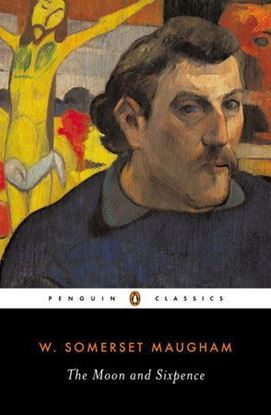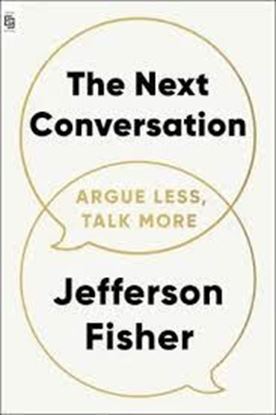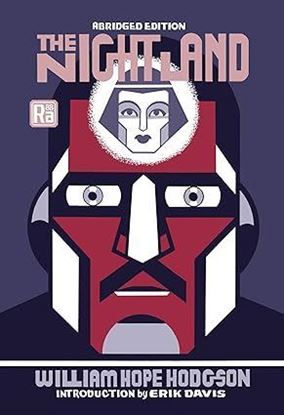

THE MOON AND SIXPENCE
The Moon and Sixpence follows the life of one Charles Strickland, a bourgeois city gent whose dull exterior conceals the soul of a genius. Compulsive and impassioned, he abandons his home, wife, and children to devote himself slavishly to painting. In a tiny studio in Paris, he fills canvas after canvas, refusing to sell or even exhibit his work. Beset by poverty, sickness, and his own intransigent, unscrupulous nature, he drifts to Tahiti, where, even after being blinded by leprosy, he produces some of his most extraordinary works of art. Inspired by the life of Paul Gauguin, The Moon and Sixpence is an unforgettable study of a man possessed by the need to create—regardless of the cost to himself and to others.
For more than seventy years, Penguin has been the leading publisher of classic literature in the English-speaking world. With more than 1,700 titles, Penguin Classics represents a global bookshelf of the best works throughout history and across genres and disciplines. Readers trust the series to provide authoritative texts enhanced by introductions and notes by distinguished scholars and contemporary authors, as well as up-to-date translations by award-winning translators.
950
THE NEXT CONVERSATION
No matter who youre talking to, the Next Conversation gives you immediately
actionable strategies and phrases that will forever change how you communicate.
Jefferson Fisher, trial lawyer and one of the leading voices on real-world communication, offers a tried-and-true framework that will show you how to transform your life and your relationships by improving your next conversation.
Fisher has gained millions of followers through short, simple, practical videos teaching people how to argue less and talk more. Whether its handling a heated conversation, dealing with a difficult personality, or standing your ground with confidence, his down-toearth teachings have helped countless people navigate life's toughest situations. Now, for the first time, Fisher has distilled his three-part communication system (Say it with control, Say it with confidence, Say it to connect), which can easily be applied to any situation.
1,350
THE NIGHT LAND, ABRIDGED EDITION
In the far future, humankind’s survivors huddle below Earth’s frozen surface in a pyramidal fortress-city that, for centuries now, has been under siege by loathsome “Ab-humans,” enormous slugs and spiders, and malevolent “Watching Things” from another dimension. When our unnamed protagonist receives a telepathic distress signal from a woman whom (in a previous incarnation) he’d once loved, he sallies forth on an ill-advised rescue mission—into the fiend-haunted Night Land!
1,300











